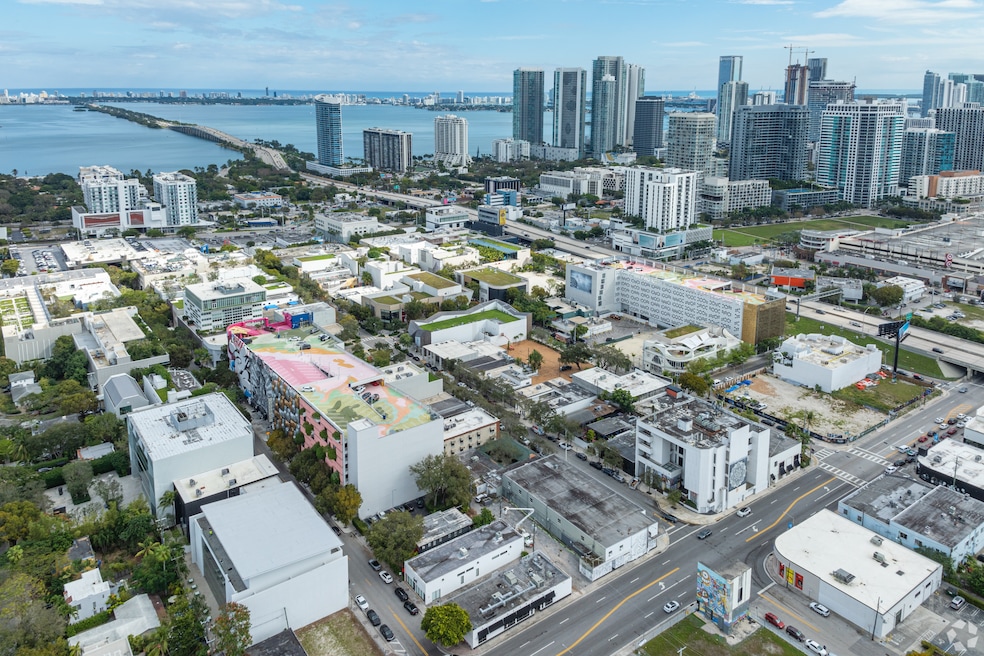It's a buyer's market for South Florida condos, but that doesn't necessarily mean now is the best time to seal a deal.
Miami-Dade County has a 12-month supply of units for resale, meaning it would take four quarters for all of those units to trade if no new listings hit the market, according to figures from brokerage CondoVulturesRealty.com. Broward County has an 11.5-month supply, while Palm Beach County has a 10.1-month supply, the firm said.
Typically, a market balanced equally between buyers and sellers has about six months of supply.
While the glut gives buyers the upper hand halfway through the November to April winter selling season, patient buyers could find even better deals by waiting for motivated sellers to drop their prices further, said Peter Zalewski, principal of CondoVulturesRealty.com.
"I would tell people thinking of buying not to give it any consideration until the summer," he said in an interview. "By then, we'll really start to see sellers come to the realization that they're going to have to take what they can get."
With a population of about 6.2 million, the South Florida region is the biggest metropolitan area in the Sunshine State, the nation's third-most-populous at 22.6 million, according to the most recent figures from the U.S. Census.
From the Homes.com blog: Buying a Condo: A Comprehensive Guide
New safety law
The saturated condo market is largely in response to stubbornly high mortgage rates coupled with a new statewide safety law aimed at aging buildings that could put some owners on the hook for thousands of dollars in common-area structural repairs, according to market observers. The law requires older condo buildings at least three stories tall to have engineering safety inspections completed, as well as studies that estimate what funding reserves are needed for maintenance and repairs.
Florida legislators enacted the law in response to the 2021 collapse of the 12-story Champlain Towers South in Surfside, north of Miami. The disaster killed 98 people.
Units in older buildings are on the market for roughly half of what units in newer buildings are listed for, according to Zalewski. Still, it's critical for people buying less-expensive, older condos to access the inspection reports and know how much building repairs will cost, brokers say.
While representing a buyer in a Fort Lauderdale condo sale last year, Gary Lanham, a broker associate at Coldwell Banker Realty in Fort Lauderdale, requested a year's worth of condo board minutes to search for any looming assessments. While he couldn't find anything definitive, Lanham cautioned the buyers that a special assessment was still likely in the next year.
"And they were still OK with that," Lanham said in an interview.
Condo reforms uncertain
Some existing condo owners won't be able to afford the repairs and will have to sell, according to industry observers. Florida Gov. Ron DeSantis last month called for a special legislative session, partly to address condo reforms that could keep cash-strapped owners from having to sell. But Republican lawmakers scuttled DeSantis' plan, leaving it unclear when or if condo reforms will be addressed.
The state has 1.54 million condo units and nearly 27,000 condo associations, according to the Florida Department of Business and Professional Regulation.
Condos in densely populated counties of Miami-Dade, Broward and Palm Beach account for much of the market. Some observers estimate the new law could affect 70% of the state's condo stock.
Statewide, townhouse and condo sales fell 10.5% last year compared to 2023, according to the Florida Realtors trade group. The median price dropped in six consecutive months to end the year and finished 2024 at $320,000, down 0.8% from 2023, the figures show.
Even in a buyer's market, there's a growing divide between what owners pay for the condos and what they can rent them for, according to Zalewski.
In South Florida, individual owners often rent the units rather than live there, making their value dependent on the rental income they command. A recent leveling of rents does not favor landlords, who shouldn't expect the monthly rent to cover their mortgage payments, Zalewski said.
"It's really crushing some owners," he said.


